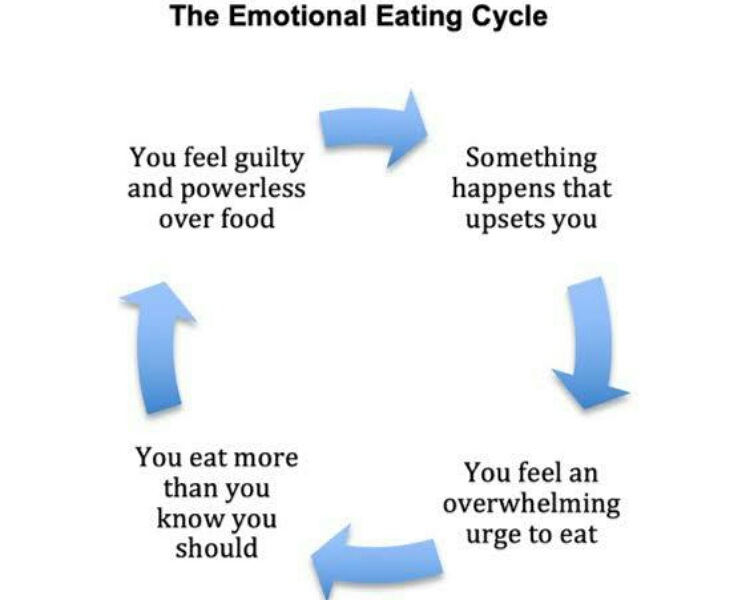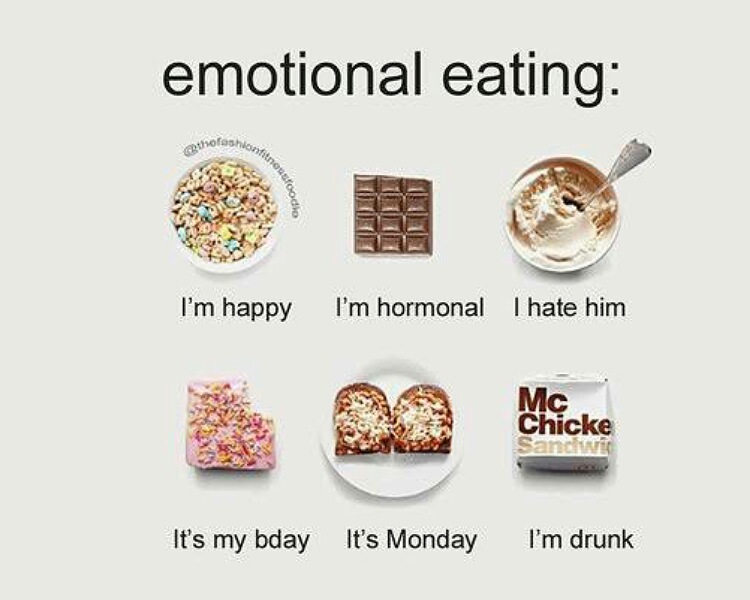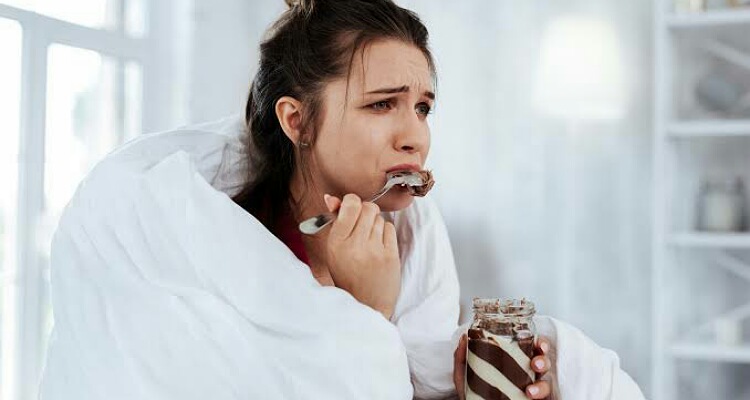One eats food not only for meeting the physical needs for nutrition. Sometimes, people have it for satisfying the emotional needs too. They consume it if they feel upset or depressed. Each individual has their own unique and distinctive comfort food that they reach out to when they are disturbed mentally. This is emotional eating.
Emotional eating
Every one of us might have felt low or filled with negative emotions in life. Those are difficult times and hard to bear. But the response to these emotions in many of us is eating. This is called emotional eating. This is over and above our physical needs. Eating during these hard times makes us feel better. But it has its lopside too.

Firstly, eating during this time does not solve the difficult situation. It remains as it is. This eating only distracts us from the main problem momentarily. And in some, this eating causes a feeling of guilt and shame. These negative feelings are more difficult to live with and might be worse than the emotions that emerged due to the situation. And it could lead to obesity and other subsequent health issues.
Situations or emotions that induce this eating
The common reasons for this emotional eating are:
1. Financial concerns. This had happened during the covid-19 pandemic when people lost their jobs and had no means to make their ends meet.
2. Work stress. Often you are is a cycle where work stresses you and your stress decreases your work efficiency and causes you more stress.

3. Relationship struggles. This also tremendously affects people usually the young people. They cannot cope with the negativities of a relationship and start overeating.
4. Health issues. This happens when a disease of medical disorder has no cure and it is a prolonged ailment.
It has been noted that people who are dieting or on restrictive diet schedules are more likely to end up with overeating due to emotions. Many of these people have lack of introspection, suffer from emotional instability, and lack a sense of understanding. It is an automatic behavior.
How to cope with this problem?
Emotional eating happens because bad emotions create an emptiness in our life. There is an emotional void and when we eat, dopamine is released. This neurotransmitter makes one feel good.
Considering that such an eating can harm the body and mind, attempts to stop it is required. Try to keep an emotional dairy and understand whether you are eating in response to your physical hunger or just in response to an emotion that emerged at that time. Was it done because you had no other useful thing to do? Differentiate between physical hunger and eating after an emotional outburst.

Find other better ways to distress rather than eating to do so. Distract yourself and try to change the mindset that looks for food when stressed. Make body movements when you feel stressed. This increases endorphins in the blood and boosts mood. Even gentle stretching or a short walk helps. Eat wholesome and balanced. Have meals at proper time.
If these measures do not help, reach out for support from relatives, close friends, or a medically trained personnel. Be positive in life.
